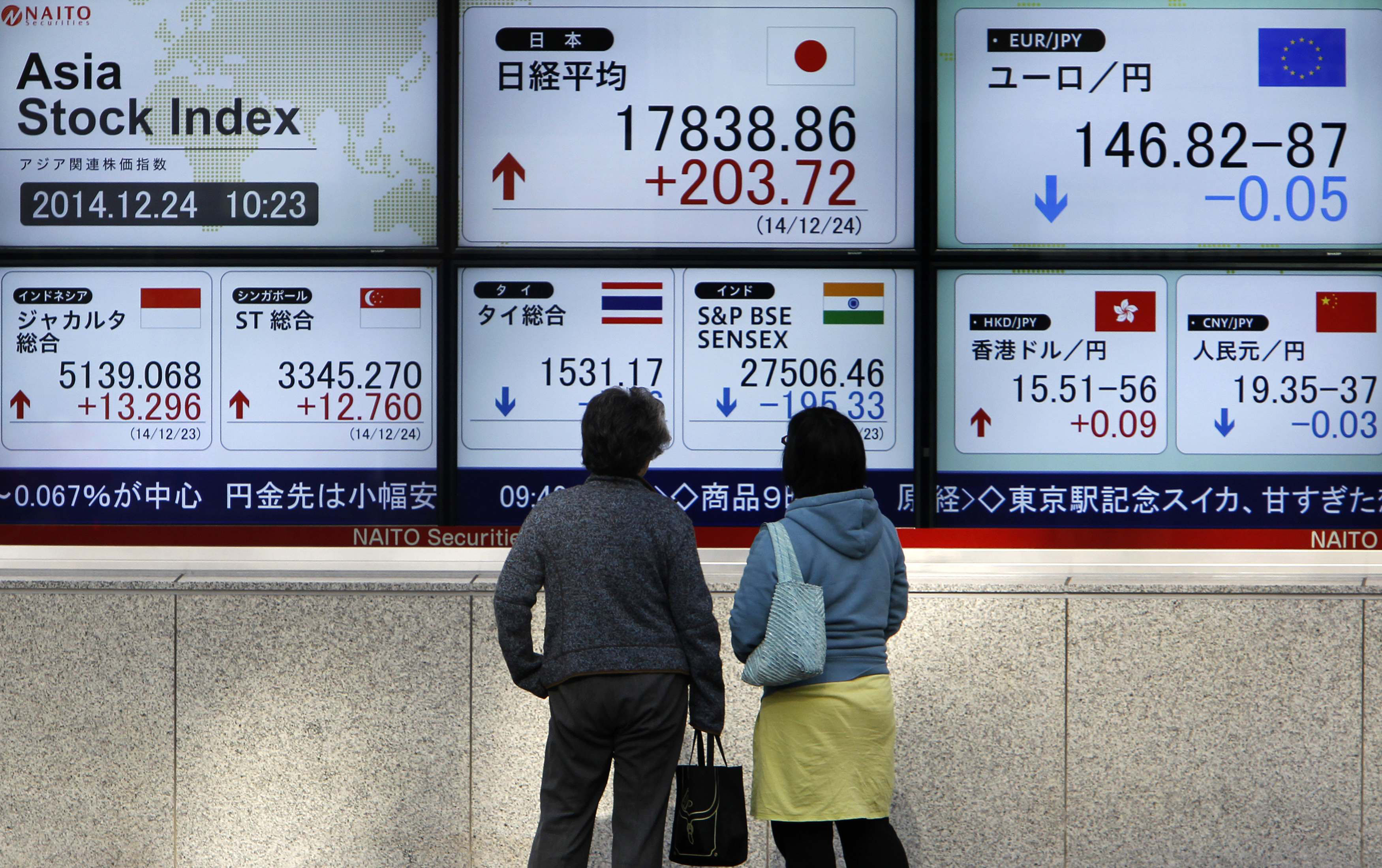A general sentiment of self-restraint, bukkadaka (物価高, the high cost of living) and enyasu (円安, the weak yen) culminated in an Oshōgatsuyasumi (お正月休み, New Year's holiday) where more people stayed put and fewer traveled to exotic overseas destinations.
According to Internet research company Do House Inc., a whopping 41.8 percent of 995 survey participants chose not to budge from their homes during the holidays, followed by 24 percent that said they were spending the New Year's holidays at their jikka (parents' house). Less than two percent said they were going on a kaigairyokō (海外旅行, overseas trip), while nearly seven percent claimed they would be working through the holiday week. Chinamini (ちなみに, by the way or as an example), many ministry buildings in Tokyo's Kasumigaseki district had their lights on during Ōmisoka (大晦日, New Year's Eve) and Gantan (元旦, New Year's Day). On New Year's Eve, I looked at the windows of the Gaimushō (外務省, Foreign Ministry) and counted no less than four floors where people inside were burning the midnight oil. It sure as hell didn't look like an office party.
Fifteen years into this millennium and the Japanese are still bad at holidays — a time supposedly meant for fun and relaxation. They're more likely to abide by the rules of tradition, family and work rather than catering to their own pleasures — a sobering fact for people like myself who hate the traditional Oshōgatsu with every fiber of their being and have made it a rule to run as far away from it as possible. Personally, Oshōgatsu inevitably means long hours of toil and labor in my grandmother's freezing kitchen serving up dish after dish of osechi-ryōri (お節料理, traditional New Year's food); opening endless bottles of beer; warming up countless tokkuri (徳利, bottles) of sake; and hours of cleaning up afterwards. I'm still convinced the Japanese Oshōgatsu was the invention of a perverted and sadistic warlord but let's not get too Grinchy about it. Oshōgatsu is a great time for many Japanese, but especially the men. If you happen to be a Japanese musuko (息子, son) — even an old one — you get to spend this holiday eating goodies and drinking yourself into oblivion in front of the TV, while your mother and other womenfolk work in the kitchen.


















With your current subscription plan you can comment on stories. However, before writing your first comment, please create a display name in the Profile section of your subscriber account page.